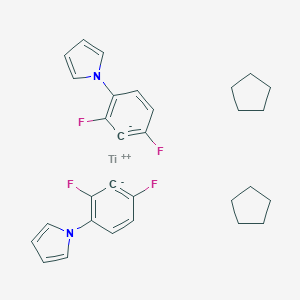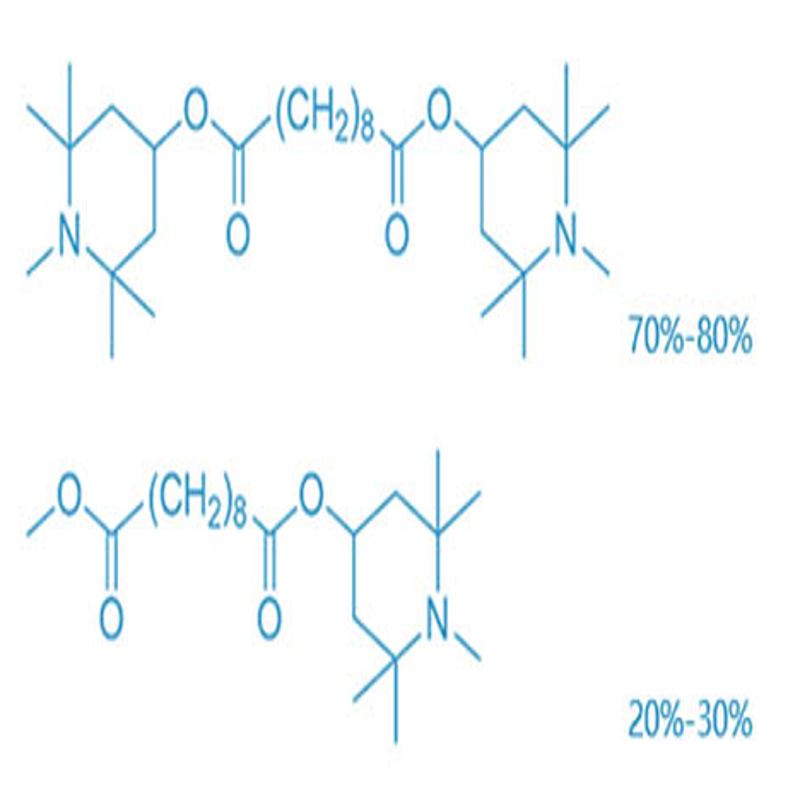-
Categories
-
Pharmaceutical Intermediates
-
Active Pharmaceutical Ingredients
-
Food Additives
- Industrial Coatings
- Agrochemicals
- Dyes and Pigments
- Surfactant
- Flavors and Fragrances
- Chemical Reagents
- Catalyst and Auxiliary
- Natural Products
- Inorganic Chemistry
-
Organic Chemistry
-
Biochemical Engineering
- Analytical Chemistry
-
Cosmetic Ingredient
- Water Treatment Chemical
-
Pharmaceutical Intermediates
Promotion
ECHEMI Mall
Wholesale
Weekly Price
Exhibition
News
-
Trade Service
Sinochem News News South Korean freight unions have been on strike for a week
.
The "Cargo Joint Headquarters" of the South Korean Freight Union entered a general strike on June 7, which blocked logistics and transportation across the country
.
It is estimated that South Korea's petrochemical industry has lost at least 500 billion won (about 400 million U.
S.
dollars)
.
Yonhap News Agency reported on the 14th that major chemical companies in Ulsan, Yeosu, and Daesan industrial parks in South Korea said that the current shipment volume is 10% of the usual, and it is difficult to transport key materials in time
.
Lishui Industrial Park petrochemical companies said on the 14th that because 90% of the products were not shipped out and piled up in factories, most companies reduced the operating rate of factories by 30%
.
If the strike continues into the weekend, there is a strong chance of a "lockout"
.
Due to the nature of the petrochemical industry, if one plant stops production, it may affect other companies in the industry chain, so the losses are expected to be greater
.
Losses are also increasing at companies in the Daesan Petrochemical Complex in South Chungcheong Province, South Korea
.
Petrochemical companies in Dashan Park said on the 13th that as the strike continued, shipments of basic raw materials for the production of resin products at the factory had almost stopped
.
LG Chem's plant in the Dashan Petrochemical Park has almost stopped outbound shipments of about 7,000 tons of products per day
.
The factory can store about 20,000 tons of goods, but the current storage capacity has exceeded 10,000 tons
.
Of the 12 factories in the Dashan Park, 3 have stopped production, and the other will also start to reduce production
.
Products at the Lotte Chemical Plant are piling up
.
If shipments of products continue to stop, Hanwha Total Petrochemical will reduce production or suspend operations at some of its plants
.
Industry associations are calling for an early end to the strike as logistical losses widen in industries such as steel, cement, petrochemicals and automobiles
.
Industry associations such as the Korea Iron and Steel Association, the Korea Petrochemical Association, and the Korea Automobile Manufacturers Association jointly held a press conference on the 14th and asked the freight union to withdraw the strike
.
In the petrochemical industry, some companies have reduced or halted plant operations since last weekend, and shipments are currently at just 10%, the Korea Petrochemical Association said
.
Calculated by 8 large companies, the average daily sales loss is about 60 billion won, and the cumulative loss is 500 billion won
.
If all 32 companies are calculated, the amount of loss will increase by about four times
.
"
The Korea Petrochemical Association also said that it is expected that some companies' naphtha cracking facilities (NCCs) will stop operating around tomorrow night
.
In this case, losses of more than 300 billion won per day are expected to occur on average
.
South Korea's Ministry of Industry, Trade and Energy said on the 13th that from June 7th to 12th, due to the general strike of freight workers, goods worth 1.
5868 trillion won in major industries such as South Korea's automobiles, steel, freight, and exports were affected
.
The petrochemical industrial parks in Yeosu, Jeollanam-do and Seosan, Chungcheongnam-do, etc.
, have difficulty in outgoing goods worth more than 500 billion won due to poor transportation
.
The reason for the strike is that the union hopes that the government will continue to implement the "safe freight system" aimed at improving the working environment of transport workers and avoiding overloading and other phenomena
.
The Korean government implemented the system in January 2020 for a period of three years, and the system will expire on December 31 this year
.







